Drug Dependence
1/39
There's no tags or description
Looks like no tags are added yet.
Name | Mastery | Learn | Test | Matching | Spaced |
|---|
No study sessions yet.
40 Terms
Psychoactive drugs
Drugs that alter state of consciousness
Depressants
Psychoactive drugs that depress CNS function; decrease heart-rate, BP, processing speed
Hallucinogens
Psychoactive drugs that result in distorted perceptions and heightened sensations
Stimulants
Psychoactive drugs that excite CNS, increase heartrate, BP, and alertness
Opiates
Psychoactive drugs that depress CNS and reduce pain perception
Alcohol
Barbiturates
Benzodiazepines
Three main categories of depressants
LSD
Psilocybin
PCP
Three examples of hallucinogens
Caffiene
Nicotine
Amphetamines
Coke
Four examples of stimulants
Ecstasy (MDMA)
Drug that is both a stimulant and hallucinogen (Damages serotonin-producing neurons)
Psilocybin
Active chemical in hallucinogenic mushrooms
Morphine
Heroin
Vicodin
Three examples of opiates
Anaglesic
Drug that reduces pain perception
Opioid
Synthetic opiate
Disinhibitor
Drug that slows brain activity; makes people act impulsively (alcohol)
Barbituates
Depressants that induce sleep/reduce anxiety; not prescribed much due to addictiveness (tranquilizers) (can cause death when mixed with alcohol)
Benzodiazepines
Depressant that is currently used to induce sleep/reduce anxiety
Insomnia
Short-acting benzodiazepines and intermediate-acting benzodiazepines are used to treat ________________
Anxiety
Long-acting benzodiazepines are used to treat ____________
GABA
Depressants act on ______________ receptors
Endorphin
Opiates act on _________________ receptors
PTSD
Hallucinogens can be used to treat ________________
Oral
Slowest route of drug entry (through GI tract)
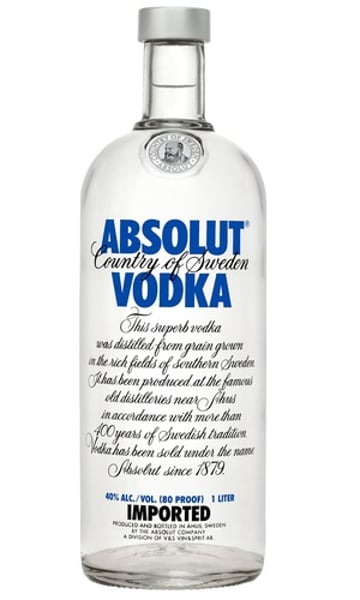
Inhalation
Fast route of drug entry (breathing it in)
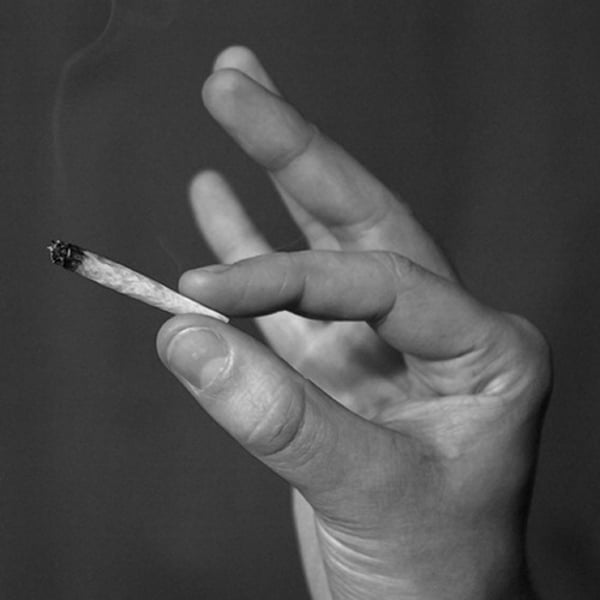
Injection
Fastest route of drug entry (directly into blood vessel)
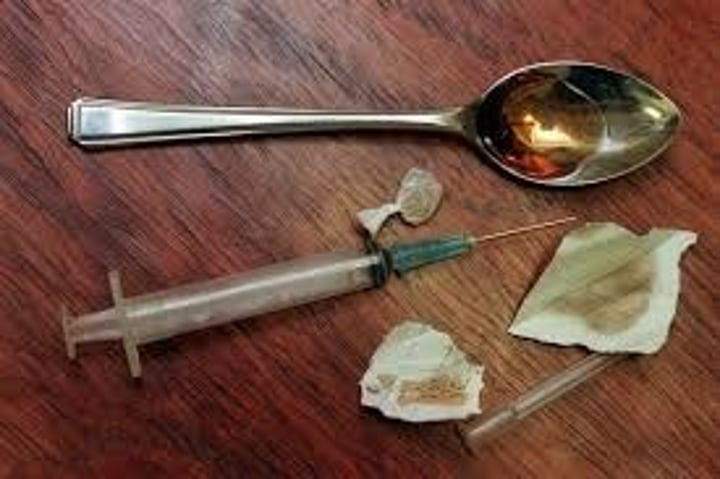
Transdermal
Gradual route of drug entry (through skin)
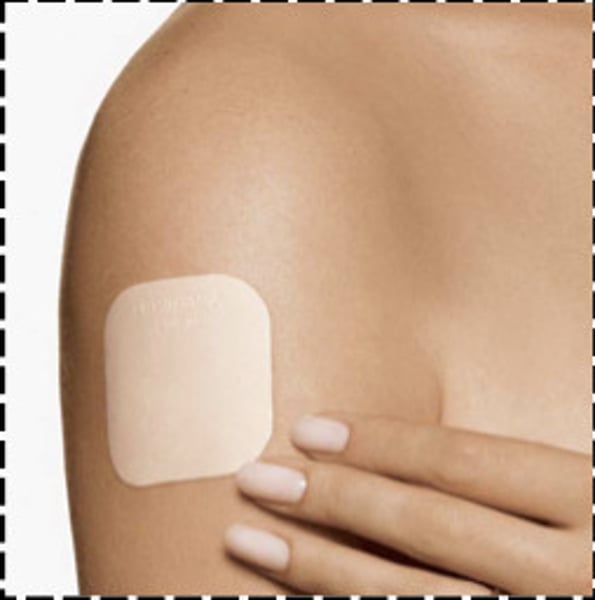
Intramuscular
Route of drug entry can be fast or slow (injection into muscles)
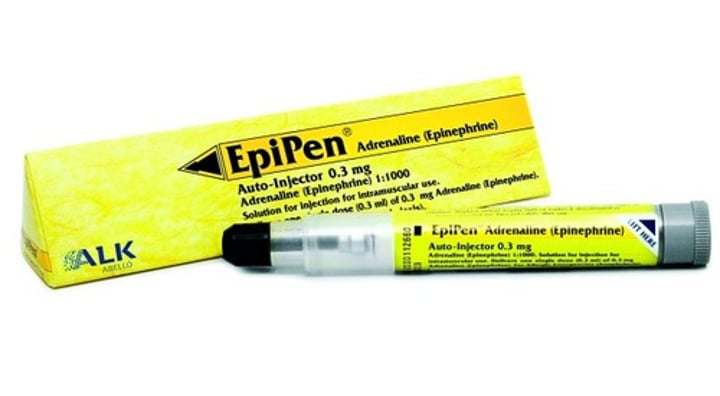
30 min
How long does oral drug entry take
10 sec
How long does inhalation drug entry take
More
Faster drug entry is ___________ addictive
Dopamine
When we experience pleasure our brain releases _____________
Ventral tegmental area
Where is dopamine produced
Amygdala
Nucleus accumbens
Prefrontal cortex
Hippocampus
Four main brain structures dopamine from ventral tegmental area travels to
Nucleus accumbens
Part of brain that controls motor functions
Hippocampus
Part of brain responsible for formation of memories
Serotoning
As dopamine levels increase ______________ levels decrease
Substance induced disorder
When a person is intoxicated, disorders they may experience (mood, anxiety, psychosis, insomnia)
Methadone
Opioid agonist; activates opiate receptors but more slowly; used to beat opiate addiction
Motivational interviewing
Method of beating addiction based on finding intrinsic motivation to change
Group meeting
AA, 12-step program to beat addiction
Acceptance
Surrender
Active involvement
Three phases of 12-step program